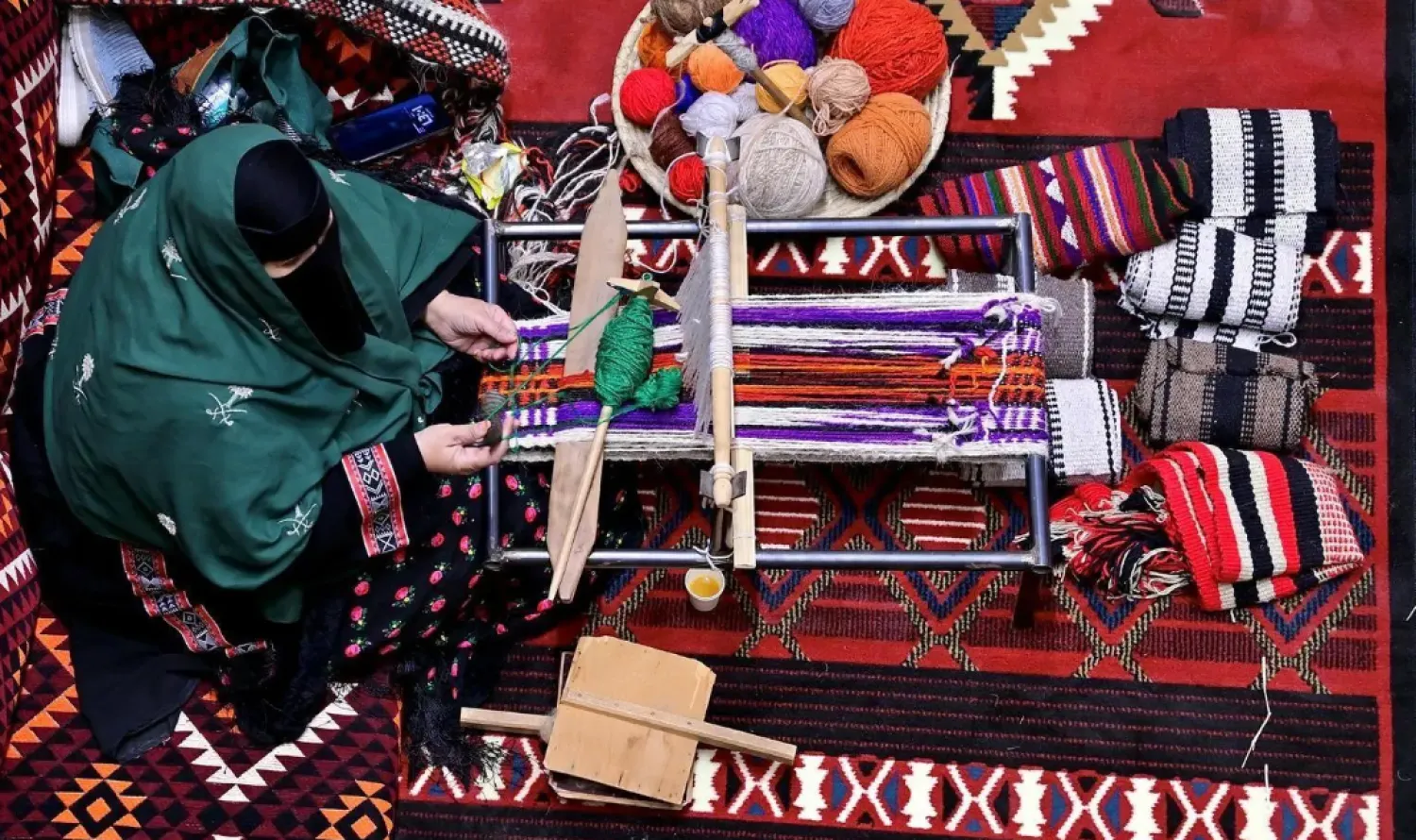The Royal Institute of Traditional Arts, in partnership with the Korean National University of Arts, launched on Monday the “Confluence of Saudi-Korean Culture” show.
The show, the first of its kind in the Kingdom, takes place at the Red Hall of the Princess Noura University Theater in Riyadh and will run for three days, SPA reported.
The show provides attendees with the opportunity to delve into the richness of Saudi and Korean arts. It features a range of combined theatrical and performance shows, highlighting five Saudi performing arts alongside five Korean counterparts.
This presentation aims to deepen the cultural and artistic understanding of both sides.
The event concludes with an integrated performing art that combines steps and rhythms derived from both cultures. Additionally, there is an accompanying art exhibition featuring traditional arts in various fields such as metals, pottery, wooden crafts, and hand embroidery.
These artistic works narrate the story of the confluence between art and artists.
Visitors of the show will watch 50 performers from Saudi Arabia and South Korea, including artists from the Royal Institute of Traditional Arts and the Korean National University of Arts. The Saudi part of the theatrical show reflects the cultural diversity of the Kingdom by showcasing various arts such as Al-Samri, Al-Daha, Al-Liwa, Al-Khatwa, and Al-Khabiti.
This cultural event offers a unique journey blending heritage and modernity in an exceptional artistic experience, with the presence of prominent leaders in the cultural sector who will provide their full support to this pioneering initiative.
The CEO of the Royal Institute, Dr. Suzanne Al-Yahya, indicated that the show enhances the artistic movement and promotes global cultural exchange with the Kingdom.
Dr. Al-Yahya added that it serves as a meeting point for traditional arts from different countries on both local and global scales, while also elevating awareness of traditional arts and disseminating them locally and internationally.
Royal Institute of Traditional Arts Launches the 'Confluence of Saudi-Korean Culture' Show

The show takes place at the Red Hall of the Princess Noura University Theater in Riyadh - SPA

Royal Institute of Traditional Arts Launches the 'Confluence of Saudi-Korean Culture' Show

The show takes place at the Red Hall of the Princess Noura University Theater in Riyadh - SPA
لم تشترك بعد
انشئ حساباً خاصاً بك لتحصل على أخبار مخصصة لك ولتتمتع بخاصية حفظ المقالات وتتلقى نشراتنا البريدية المتنوعة







